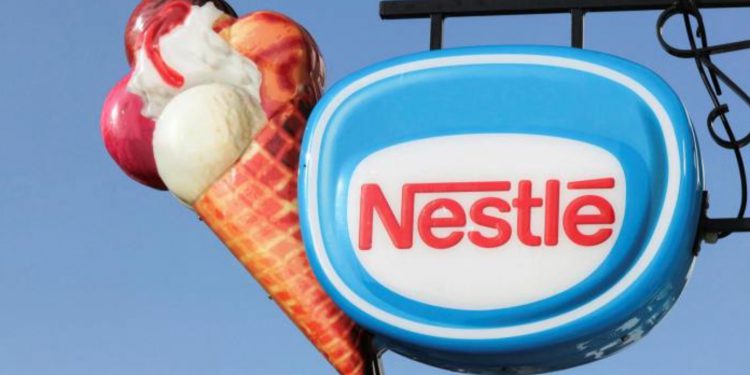A Financial Times editorial article says it should come as no surprise that many product lines of a company that makes three meat croissant-crust pizzas, chocolate milk and ice creams can’t ever be made healthy.
Still, the scale of the challenge at Nestlé should provide a wake-up call to the company and its investors. Sweets, treats and snacks have helped Nestlé grow to become the world’s largest food company, but you only stay on top by being alive to risks and, in the company’s words, “regulatory pressure and consumer demands are skyrocketing”.
An internal presentation for top executives, seen by the Financial Times, revealed that only 37 per cent of its products would merit a widely recognised standard of healthy food while many of the remaining lines cannot be “renovated” to meet such standards. The Switzerland-based food manufacturer is unlikely to be alone; similar audits at its biggest competitors would surely show how profitable it has been to provide consumers with sugar, fat and salt at low prices.
There is nothing wrong with indulgence. The trouble for Nestlé and its competitors is the scale at which they operate. Smaller Swiss chocolate makers, ones that sell premium boxes at a high mark-up, do not have to worry so much about a more abstemious world. If it is to satisfy shareholders, Nestlé cannot stop producing treats in industrial quantities making it more exposed to changing regulation as well as customer tastes.
At the moment there seems little risk to profits. Nestlé’s share price rise has been unharmed by the report, reflecting that as much as they say they want to eat healthily, shoppers still have an appetite for junk food. Sugar and fat may be the bane of nutritionists but for the stressed and busy they provide much-needed comfort. That has helped make Nestlé an incredibly successful company, at least in financial terms — its shares are currently trading close to their all-time high.
Still, the risk is that sugar is next in governments’ sights after oil and, before that, tobacco. Countries with higher rates of obesity have suffered worse death rates during the pandemic and health ministries should look to shift spending from cure to prevention. Sugar taxes could be on the horizon. Selling treats to kids, too, sits uneasily with an era of increased emphasis on environmental, social and governance issues. Nestlé has pushed into plant-based foods, alongside its rival Unilever, as well as medical nutrition.
Pivoting too soon faces its own risks. Earlier this year investors forced out the chief executive of Danone, saying that a focus on social responsibility eclipsed the drive for profits. All the way back in 2011 investors urged PepsiCo to focus on its more profitable indulgent lines rather than trying to promote healthier options, though the group has since pushed to make its portfolio healthier.























